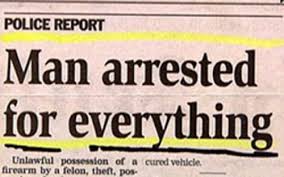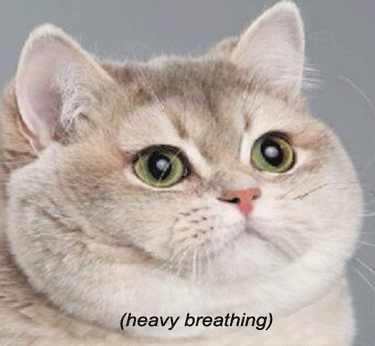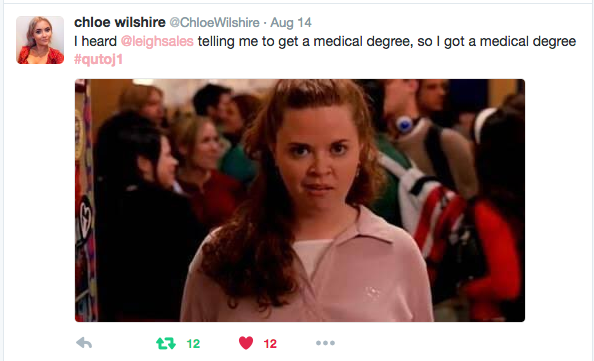Image: Getty Images
As this semester comes to a close, it is time to really buckle down stories and find talent for KJB222’s last assessment: The Original Story.

I thought it was fitting to do such a post considering I have not yet found talent for my original story yet (The key word being ‘yet’).
In an extremely helpful blog post by Online Journalism Blog, there are all sorts of ways for finding talent.
From utilising your Google search bar to stalking your insta’s geotagging system. There is endless opportunities to find your ultimate source.
In my course so far, I have learnt a thing or two about finding sources. My radio prac for KJB235 had me searching left, right and centre for professionals in many fields.
Which leads me to talk about Experguide.com. This site is the holy grail for finding experts in any field.
All it requires is a simple search of the type of professional you are looking for, and up pops many professionals which you can contact. The site is very journalist friendly.
(Beware however, as some users haven’t been active since 2005).
Another thing to remember for finding sources is that anyone is a source…or can help find other sources.
If you work in retail, it actually doesn’t hurt to talk to Crazy Joe. Crazy Joe might actually know some pretty high up people in the type of industry you’re looking to do a story on.
Just remember to be nice to everyone, and keep in touch.
Phonecalls. Yes, ringing people up and talking to them in person.
I know… phone calls freak me out as well, but they’re kind of necessary for this type of industry.
Journalism was fundamentally built on the telephone (Okay, maybe the typewriter but you get what I mean).
Now what I found helped the most when talking on the phone to potential sources is that it went a long way to simply ask how they were doing on the phone.
Most of them are pretty surprised when you ask them. It brings in the human element, and reminds us all that at the end of the day we are all just human beings.
Some of them actually helped me out by giving me more sources to talk to which ended up in my favour.
It is also important to remember to not get too friendly with your sources, which counteracts what I just wrote.
What I mean is if you become good friends with your source, it might end up detrimental as the line between what is right and wrong may become significantly blurred.
Our jobs as journalists is to seek the truth.
Overall, finding sources is pretty easy, you just have open your mind as they are all around you. Hey, even asking your mum might get you somewhere!















